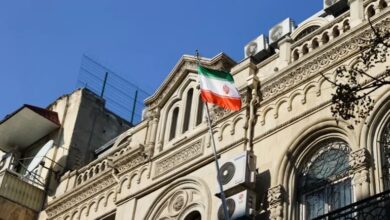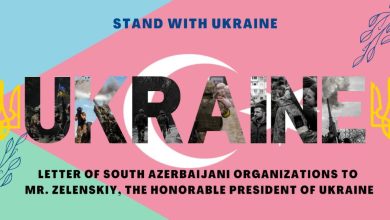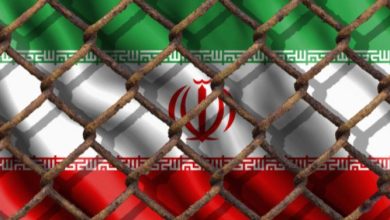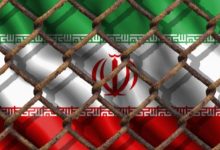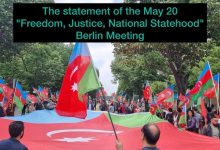
“If during the negotiation process we reach a point that achieving a good agreement with solid guarantees requires a level of talks with the US, we will not ignore that in our work schedule,” Foreign Minister Hossein Amir-Abdollahian said in Tehran on the side-lines of the First National Conference of Iran and Neighbors.
Iran has so far kept direct talks in Vienna, which began in April, to the structures set up under the 2015 agreement, the JCPOA (Joint Comprehensive Plan of Action), which the US left in 2018. That is negotiations with four members of the UN Security Council and Germany which have remained in the deal.
Amir-Abdollahian said that “indirect talks with the United States have so far been mediated by European Union envoy Enrique Mora − who is the coordinator for negotiations − as well as one or two other countries participating in Vienna talks…The American side has so far presented its proposals on technical issues to Iran through the same channels.”
The talks have covered ‘technical’ issues both in Iran’s nuclear program, expanded since 2019 beyond JCPOA limits and the intricacies of US sanction. But Amir-Abdollahian suggested talks were now reaching a point where “we have to make a political decision.”
Washington’s Special Envoy for Iran Robert Malley, who heads the US negotiating team in Vienna, told Reuters Sunday that the US would welcome direct talks with Tehran, stressing that his side had “heard nothing to that effect” so far.
While Iran held direct talks with the US over Afghanistan and Iraq, and later in the run-up to the signing of the JCPOA in 2015, Iran’s Supreme Leader Ali Khamenei in 2018 ruled out direct talks until the US returned to the JCPOA.
Amir-Abdollahian rejected speculation over secret talks, although noting that Washington sent messages every now and then “in various ways” to call for direct contacts.
Some Iranian politicians, mostly critics of President Ebrahim Raisi, have argued that the Vienna talks have not been constructive and that direct talks involving the US are needed. Outspoken politician Ali Motahari, deputy-speaker in the previous parliament, has described an unwillingness to directly engage with the US as an “obvious mistake” and a “revolutionary gesture…against the national interest”.
Good-will gestures
The JCPOA followed two years of talks between the US and Iran, beginning with a ‘back channel’ established though Oman, and culminating in face-to-face bilateral meetings between Secretary of State John Kerry and Iranian Foreign Minister Mohammad Javad Zarif, who was in 2019 sanctioned by President Donald Trump after he withdrew the US from the JCPOA.
In the Vienna talks, a US deputation led by Malley participates indirectly, liaising through Mora and the remaining JCPOA signatories – China, France, Germany, Russia, and the United Kingdom.
There has been talk in recent weeks of good-will gestures between Iran and the US, including the suggestion that the US might waive the threat of punitive action against third parties holding money owed to Iran, so allowing Iran to begin repatriating billions of dollars owed largely for oil sales.
South Korea said Sunday it had used ‘frozen’ Iranian funds to pay Iran’s $18 million dues at the United Nations, a step apparently approved by Washington, to restore Tehran’s suspended voting rights at the world body. The Iranian Student News Agency reported November that Iran had $8 billion in South Korea, $ 3billion in Japan, and $6billion in Iraq – monies frozen by banks fearful of the US third-party sanctions in place since 2018.


